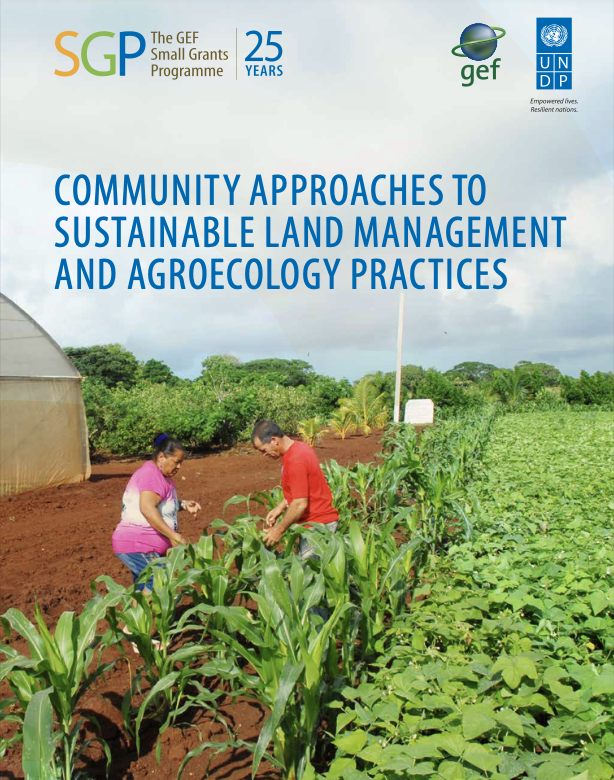Peoples' Climate Vote. Results
UNDP's "Peoples' Climate Vote" reflects over half the world's population after results processed by the University of Oxford. Sixty-four percent of people believe climate change is a global emergency, despite the ongoing COVID-19 pandemic


